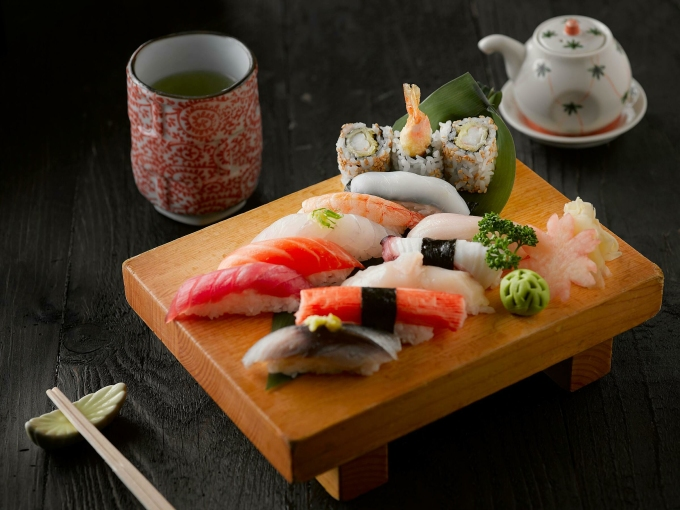
Parkinson's Disease: Parkinson's disease is a disorder related to the brain, due to which the body becomes uncontrollable and out of control at times. The symptoms of this disease start gradually, after which it can also take a serious form. As the disease progresses, people face difficulty in walking, talking, and doing other tasks. On this issue, we spoke to Dr. Satwik R Shetty, Consultant Neurosurgeon, Old Airport Road, Manipal Hospital, and wanted to know whether Parkinson's disease can be controlled through diet or not.
What diet should a patient with Parkinson's disease take?
According to Dr. Satwik R Shetty, Parkinson's disease is a serious disease in which the movement of a person is affected and this disease is affecting millions of people across the world. It occurs when the neurons in the brain that make dopamine begin to degenerate. One of the most important aspects of managing this disease is nutrition and consultation with a dietician can be of great help.

Diet tips for Parkinson's disease patients
● Parkinson's patients are advised to follow a balanced diet, in which nutritious foods are more and pasteurized food items are less. Include food items from all food groups while limiting the intake of sugar, salt, sodium, fat, saturated fat, and cholesterol. Eat antioxidant-rich fruits and vegetables. In addition to fresh vegetables and fruits, including nuts and seeds, olive oil, coconut oil, non-fried fish and fresh herbs, as these food items have been associated with an increased rate of Parkinson's disease.
● Avoid or reduce intake of packaged fruits and vegetables, diet and non-diet soda, fried foods, ice cream, yogurt, and cheese as these foods can cause Parkinson's disease to worsen. However, reducing calories may promote malnutrition. It is therefore recommended that patients include beans, nuts, seeds and calcium-rich foods such as almonds, green leafy vegetables and tofu as alternative sources of protein to reduce the risk of malnutrition.
● Plan a high carbohydrate diet and include both soluble and insoluble carbohydrates. Whole grains, pulses, fruits and vegetables with edible peels can also be beneficial in this.
● Drink plenty of water and other liquids throughout the day because Parkinson's disease medicines can dehydrate you, making you feel more tired. Gradual dehydration can lead to confusion, loss of balance, weakness and kidney problems.
● Parkinson's can cause constipation, which can be uncomfortable and even painful. Eating a diet rich in fiber, such as fresh fruits and vegetables, whole grains, legumes, and bread, can facilitate regular bowel movements, which in turn helps improve digestion. Drinking plenty of liquids and exercising can also help avoid constipation.
● According to Satwik R Shetty, nutritional supplements such as coenzyme Q10 and fish oil may help slow down the progression of Parkinson's disease.
● Be sure to keep in mind how the medicines are reacting with the diet. Carbidopa-levodopa is absorbed in the small intestine. If medicines are taken immediately after a high protein diet, then there can be problems in this because both processes are the same. That's why it is advised to take medicines at the time prescribed by the doctor.
Can Parkinson's be controlled through diet?
A healthy and balanced diet is beneficial for overall health. Apart from this, a healthy diet also increases the effectiveness of the medicine. This could potentially help reduce some of the symptoms associated with Parkinson's disease. However, there is no one specific diet plan to manage it as it depends on the patient's age, gender, and conditions like high BP, diabetes, food allergies, among others. Also, medications for Parkinson's disease can have side effects, which may require a change in diet.
PC Social media










